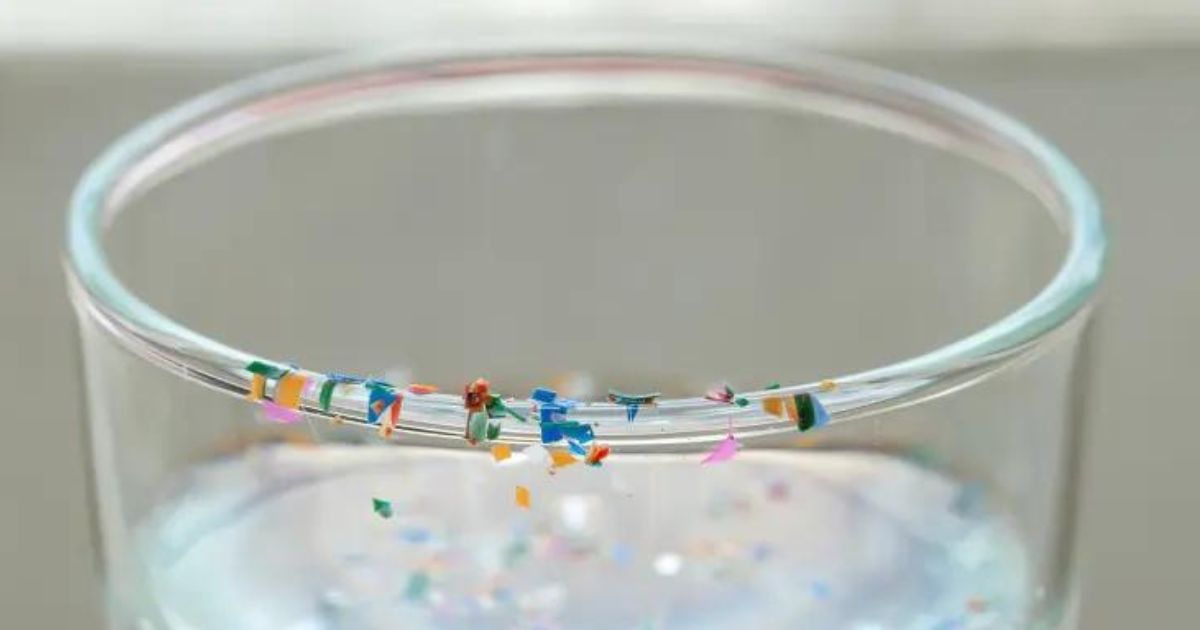In a groundbreaking development at the intersection of technology and mental health, researchers have unveiled a new AI-powered smartphone app capable of detecting depression through facial cues.
Developed by a team from Dartmouth’s Department of Computer Science and Geisel School of Medicine, the app, named MoodCapture, utilizes artificial intelligence (AI) to analyze facial expressions captured by a smartphone’s front camera during regular use.
Published in a recent research paper on the arXiv preprint database, the study outlines how MoodCapture could potentially transform mental health support by providing real-time digital assistance to individuals experiencing depression.
The application’s innovative approach aims to address the limitations of traditional methods for detecting depression, which often rely on subjective self-reports and clinical assessments.
Subigya Nepal, a doctoral candidate in computer science and co-first author of the study, highlighted the need for more objective and continuous monitoring of mental health states.
Traditional approaches may miss subtle cues or fail to capture the complexities of an individual’s mood over time. MoodCapture, on the other hand, leverages unguarded facial expressions captured during routine phone unlocks to assess mood directly on the device, ensuring privacy and continuity in mental health monitoring.
AI-Powered Smartphone App Detects Depression
The research, which involved 177 individuals diagnosed with major depressive disorder, demonstrated promising results. MoodCapture achieved a remarkable 75% accuracy rate in identifying early symptoms of depression, suggesting its potential for widespread adoption in the near future.
Lead author Andrew Campbell, the Albert Bradley 1915 Third Century Professor of Computer Science at Dartmouth, expressed confidence in the app’s potential to be integrated into both clinical and everyday settings within the next five years.
Campbell noted the significant advancements in smartphone technology and AI algorithms that have made MoodCapture possible. What was once considered a lofty goal just a decade ago has now become a reality, thanks to improvements in camera quality and AI capabilities.
This convergence of technology has enabled researchers to accurately predict depression using data from a smartphone’s front-facing camera, marking a significant milestone in mental health innovation.
Nepal emphasized the importance of destigmatizing depression detection by seamlessly integrating it into daily technology use. MoodCapture’s non-intrusive approach, which does not require explicit user input or clinical visits, could encourage individuals to seek help earlier, potentially minimizing the negative effects of depression.
Despite the promising results, experts urge caution in interpreting the findings of this preliminary study. Dr. Gustavo Medeiros, a psychiatrist at the University of Maryland Medical Center, pointed out the small sample size and suboptimal prediction accuracy, emphasizing the need for further research to refine the app’s capabilities.
Dr. Dan V. Iosifescu, a professor of psychiatry at NYU Grossman School of Medicine, underscored the importance of incorporating additional data sources to enhance predictive models. By integrating passive data such as sleep patterns, social media use, and typing behavior, future iterations of MoodCapture could achieve greater accuracy in detecting depression severity.
In conclusion, MoodCapture represents a significant advancement in leveraging AI for mental health assessment. As technology continues to evolve, innovations like MoodCapture hold promise for improving early detection and intervention for individuals struggling with depression, ushering in a new era of mental health support.








Leave a Reply
You must be logged in to post a comment.